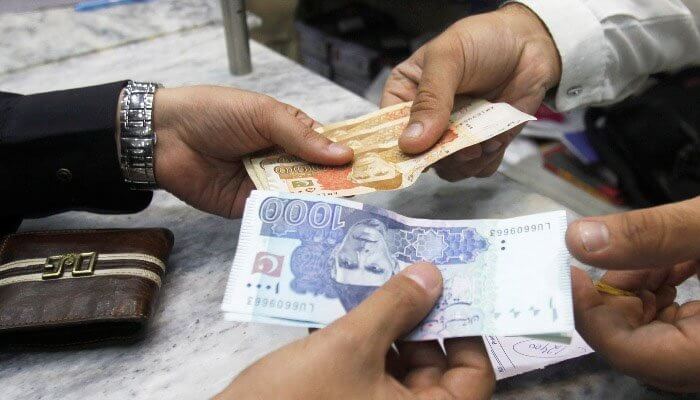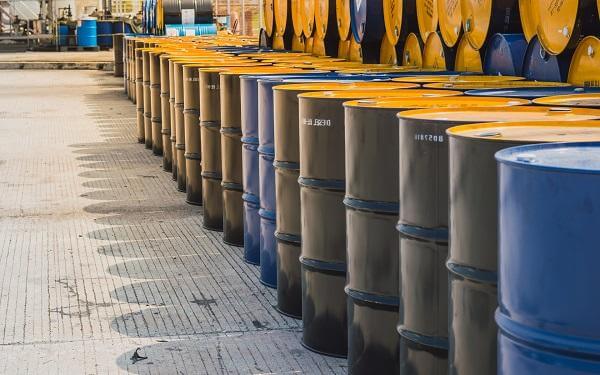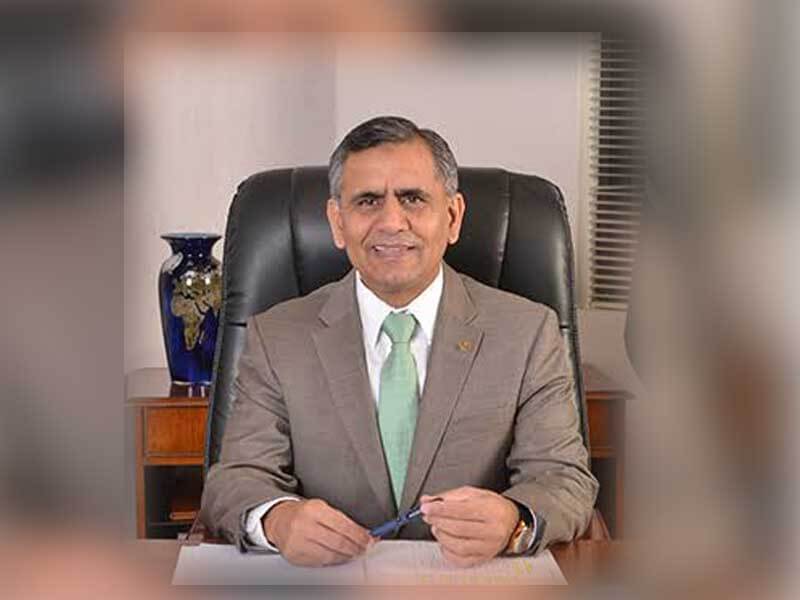Proposed in March 2019, Pakistan’s first principle National Tariff Policy (NTP) will reduce tax on imports of raw material. This will encourage manufacturing and enhance Pakistan’s export capacity. Commerce Secretary Younus Dagha informed the media that policy was structured after details discussions with the stakeholders. Government is taking strong initiatives to improve the country’s economic conditions. The policy will institutionalize the Tariff structure and ensure transparency and predictability for investors.
The policy will boost manufacturing, investment and bring in jobs and help escalate the economy. Unstructured tariff policies for last 75 years caused unpredictability with each new budget. The nine-page draft of National Tariff Policy issued by the ministry of commerce enlists nine key objectives.
- To make the tariff structure a true reflection of trade policy priorities;
- To improve the competitiveness of manufacturing especially the export sector through duty-free access to imported raw materials and intermediate goods;
- To rationalize the tariff structure for enhancing the efficiency of the existing domestic activities, especially in the manufacturing sector and for improving the resource allocation;
- To reduce the relative “disincentive” for the exporting activities;
- To improve the growth potential of the country and increase employment opportunities by attracting investment into efficient industries;
- To limit the negative impact on budgetary revenue and adjustment costs to the domestic industry by phasing-in the tariff reforms;
- To lessen the distortions in the domestic price structure and reduce the burden of protection on the end users;
- To encourage value addition through the principle of cascading of tariffs;
- To remove anomalies in the tariff structure which is causing distortions between sectors and in the value chain of the same sectors.
The policy will reduce concessions and exemptions. And improve vertical constancy with the help of cascading tariff structures, In which, a nominal tariff on basic raw material is low but rises with the degree of processing of the product. It also ensures the provision of time-bound protection to domestic businesses (on the infancy stage) from foreign competitors.
The new three-year trade policy, once finalized, will be unveiled after the budget for the next fiscal year.


























Leave a Reply